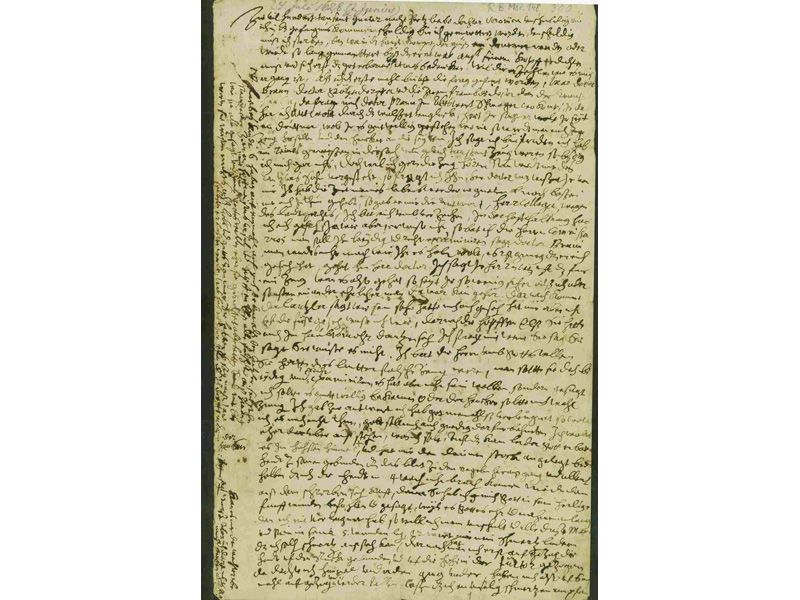Witches: a personal addendum
Nov. 28th, 2018 03:36 pmIn Britain, England and Scotland alike, I'm told, witches were mostly hanged. In my hometown of Bamberg, and in a great many of the German principalities during the worst waves of persecution, they were burned. Our most infamous era of town history, not counting More Recent Events (i.e. 1933 - 1945), was smack in the middle of the Thirty-Years-War, when in addition to bad weather, sickness and the Swedes coming, the years between 1626 and 1631 saw roughly a 1000 people of a town population o f 8000 executed as witches. In other words, every eighth person. It's also one of the best documented eras, and not just because the local authorities kept files. From it, we have one of the few documents written by a victim after various torture sessions and before his execution, describing what happened during a witch trial.
The man in question was none other than the mayor, Johannes Junius. His wife had been the first of the family to be accused of witchcraft, and she'd already been burned when they arrested him. He was tortured four times, confessed, but managed to write a letter to one of his daughters, Veronica. It never reached her - she'd already fled to Nuremberg -, which is probably why it survived; it was caught and ended up with the rest of the files. This is what it looks like:

This letter is also a big reason why I'm always a bit touchy when stories use "real" witches. It's incredibly raw and devastating to read, especially considering Junius was but one of many. A complete transcription of the German original is here, and a translation of the majority of it into English is here. From the first sentence onward - "Many hundred thousand good-nights, dearly beloved daughter Veronica. Innocent have I come into prison, innocent have I been tortured, innocent must I die" it wrecks me, every time. Even the executioner showed more compassion than the judges: When at last the executioner led me back into the prison, he said to me: “Sir, I beg you, for God’s sake confess something, whether it be true or not. Invent something, for you cannot endure the torture which you will be put to; and, even if you bear it all, yet you will not escape, not even if you were an earl, but one torture will follow after another until you say you are a witch. Not before that,” he said, “will they let you go, as you may see by all their trials, for one is just like another.”
Here are excerpts read in the original Baroque German, with documents shown:
The families of the people burned in Bamberg, if there were still families, had to pay for the wood used for the execution, because wood had become rare with so many burnings.
The man in question was none other than the mayor, Johannes Junius. His wife had been the first of the family to be accused of witchcraft, and she'd already been burned when they arrested him. He was tortured four times, confessed, but managed to write a letter to one of his daughters, Veronica. It never reached her - she'd already fled to Nuremberg -, which is probably why it survived; it was caught and ended up with the rest of the files. This is what it looks like:

This letter is also a big reason why I'm always a bit touchy when stories use "real" witches. It's incredibly raw and devastating to read, especially considering Junius was but one of many. A complete transcription of the German original is here, and a translation of the majority of it into English is here. From the first sentence onward - "Many hundred thousand good-nights, dearly beloved daughter Veronica. Innocent have I come into prison, innocent have I been tortured, innocent must I die" it wrecks me, every time. Even the executioner showed more compassion than the judges: When at last the executioner led me back into the prison, he said to me: “Sir, I beg you, for God’s sake confess something, whether it be true or not. Invent something, for you cannot endure the torture which you will be put to; and, even if you bear it all, yet you will not escape, not even if you were an earl, but one torture will follow after another until you say you are a witch. Not before that,” he said, “will they let you go, as you may see by all their trials, for one is just like another.”
Here are excerpts read in the original Baroque German, with documents shown:
The families of the people burned in Bamberg, if there were still families, had to pay for the wood used for the execution, because wood had become rare with so many burnings.

